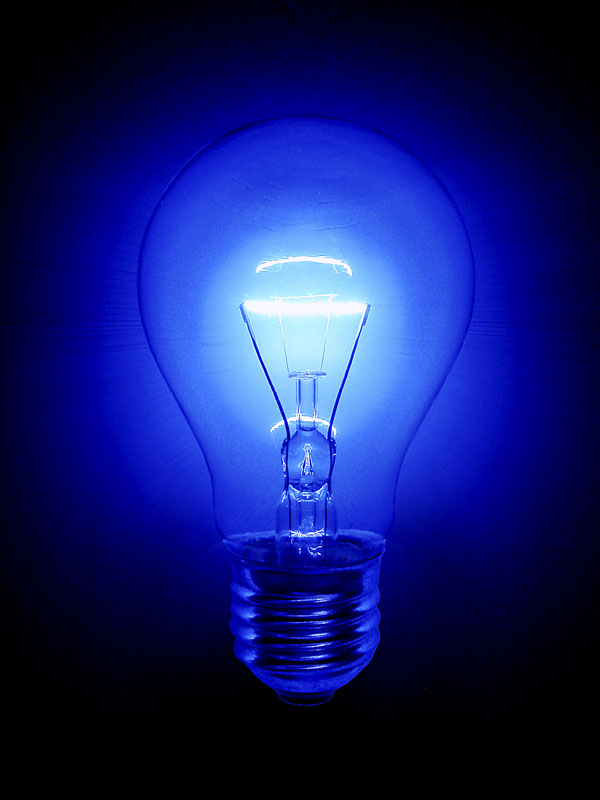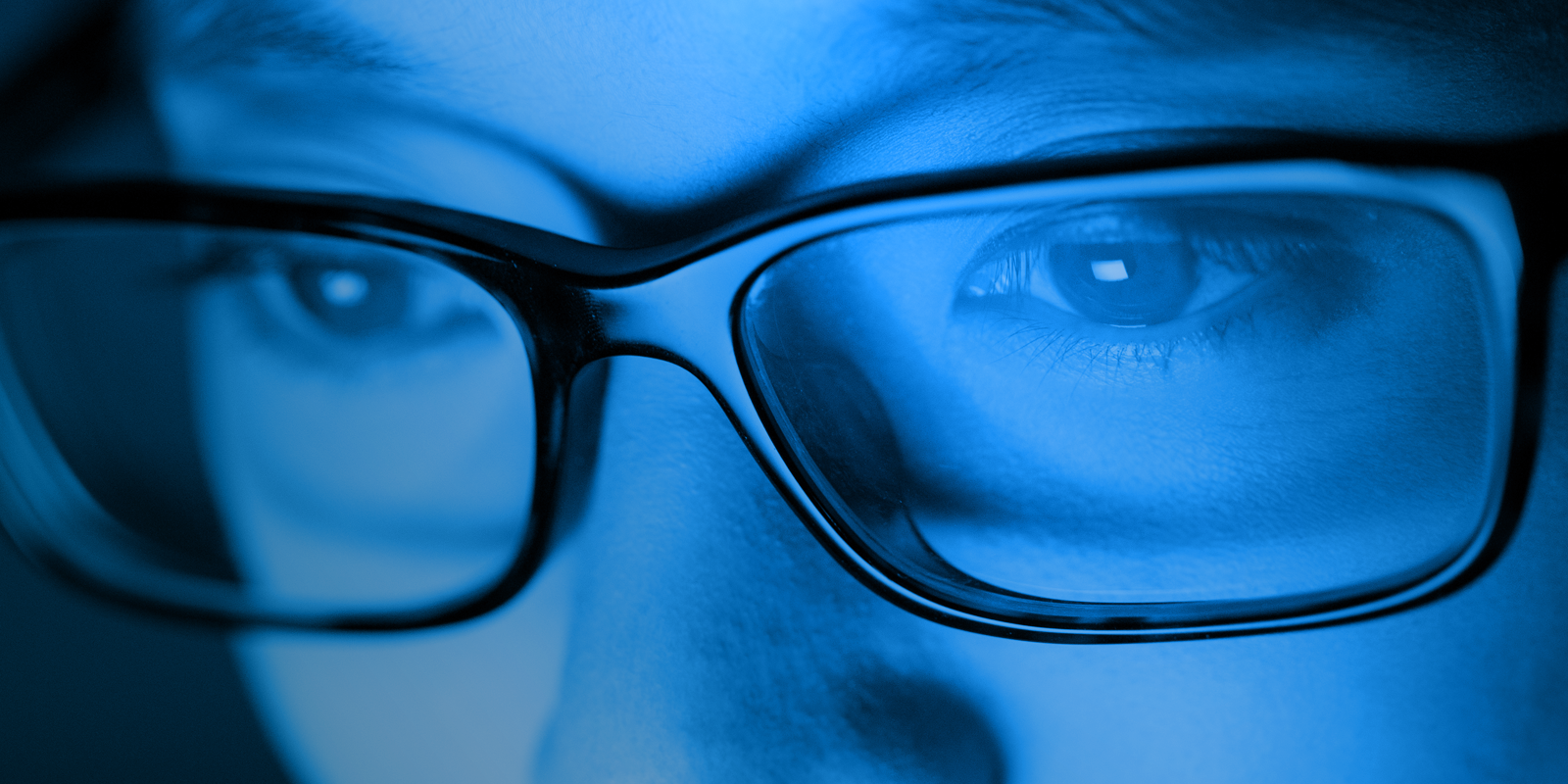Blue light is a range of the visible light spectrum, defined as having a wavelength between 400−495 nm. This short wavelength means that blue light is a type of high-energy visible light, defined as having a wavelength between 400 and 450 nm.
Not all colours of light have the same effect. Blue wavelengths—which are beneficial during daylight hours because they boost attention, reaction times, and mood—seem to be the most disruptive at night. The increased use of devices as well as energy-efficient lighting is increasing our exposure to blue wavelengths, especially after sundown.
Blue light in particular needs to be controlled as it activates part of the brain that turns on the Sympathetic – better known as Fight and Flight. So controlling input of this light can decrease stimulation of this area.
How to protect yourself from blue light:
💡 Get outside during the day, which will boost your ability to sleep at night, as well as your mood and alertness during daylight.
💡 Wear blue blocker glasses: If you work night shift or use a lot of electronic devices at night, consider wearing blue-blocking glasses or installing an app that filters the blue/green wavelength at night.
💡 Dim the lights after 6pm in the evenings, not only is this calming but it signals to the brain that night is coming and thus sleep soon. Use red lights or salt lamps. Smart phones have night mode so make sure to switch that on.
💡 Avoid looking at bright screens beginning two to three hours before bed.
💡 Keep your bedroom light leaks minimal and cover over things like alarm clock lighting, TV indicators etc.
💡 Wear an eye mask to bed. 💤Sleep is so important as it is a time of restoration and regeneration. It is a time when memories are formed and your brain processes the day.
Even dim light can interfere with your circadian rhythm and melatonin secretion. A mere eight lux—a level of brightness exceeded by most table lamps and about twice that of a night light can have an effect. Light at night is part of the reason so many people don’t get enough sleep and researchers have linked short sleep to increased risk for depression, as well as diabetes and cardiovascular problems.
For more information read this article from Harvard health.
Dr Shinae Brownrigg
Chiropractor



